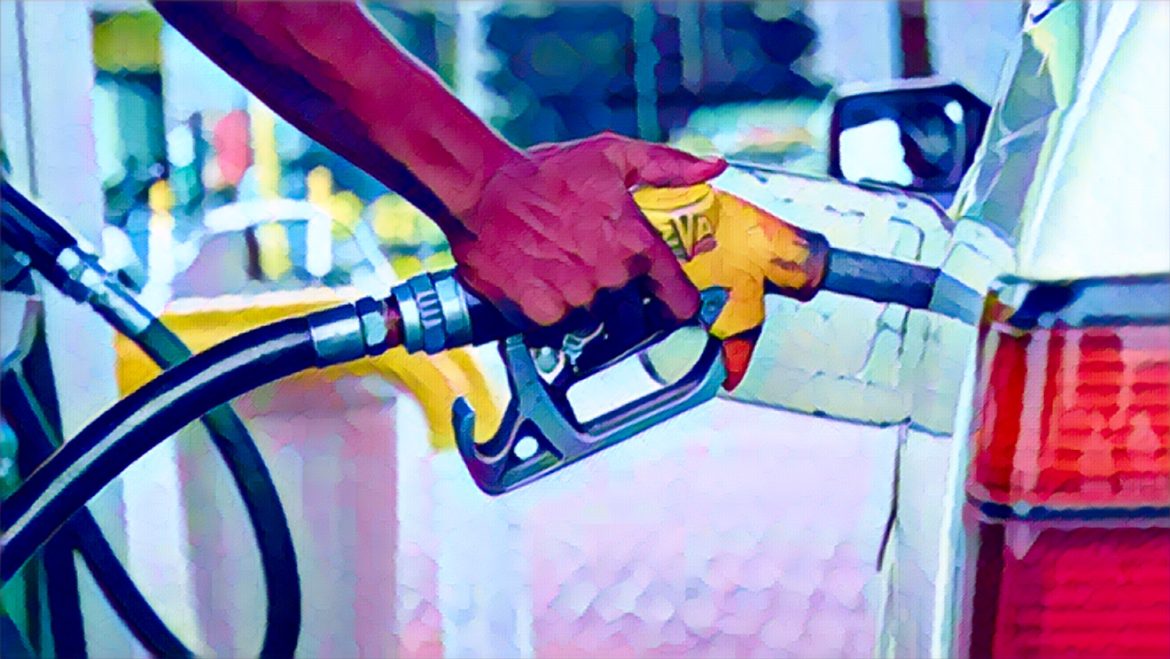Key Points
-
The import tariff on petrol rises to 15 percent.
-
Local pump prices may exceed ₦1,000 per litre.
-
The import tariff on petrol supports domestic refining efforts.
This week, Nigeria’s downstream oil market became very unstable when President Bola Ahmed Tinubu approved a new 15 percent import tariff on petrol and diesel. This is expected to push pump prices above ₦1,000 per litre in the next few days. The Federal Inland Revenue Service (FIRS) and the Nigerian Midstream and Downstream Petroleum Regulatory Authority (NMDPRA) have both confirmed the move. It applies to the Cost, Insurance, and Freight (CIF) value of all refined petroleum products that are brought into the country.
Before the announcement, gas prices in Lagos and other big cities were already close to ₦950 per litre. This was because oil prices were going up around the world and the value of the naira was changing. Marketers say that the new import duty will cause an immediate increase of ₦100 per litre, which will put even more stress on households and transportation companies that are already dealing with record-high inflation.
The reason for the petrol import tax
The Tinubu government said the policy is meant to boost Nigeria’s ability to refine its own oil and slowly make the country less reliant on imported fuel. Officials say that allowing duty-free imports has made people less likely to invest in local refining, which makes it harder to stabilise supply. The new tariff fits with the government’s Renewed Hope Agenda, which aims to reorganise the energy sector and increase revenue through clear fiscal reforms.
Wale Edun, the Minister of Finance, said that the move would “strengthen Nigeria’s refining sector, support job creation, and ease pressure on foreign exchange reserves.” He also said that some of the money made from the tariff would go towards building roads and other infrastructure around refinery zones, such as the Dangote Refinery in Lekki and modular plants in Edo, Rivers, and Delta states.
How the import tax on petrol will affect businesses and people
Economists and people who work in the industry say that the effects on consumers could happen right away and last a long time. Transportation and production costs are likely to rise because of higher fuel prices. This will add to Nigeria’s already high inflation rate of over 28%.
The Major Energy Marketers Association of Nigeria (MEMAN), which represents fuel importers, said that smaller importers could be pushed out of the market, leaving only a few big players with most of the supply. Local refiners, on the other hand, see the policy as a chance to become more competitive and increase their capacity, as long as the government makes sure that crude oil is always available and prices are clear.
What the policy means for the future of fuel in Nigeria
Experts say that the import tax on petrol is a big test of Tinubu’s other economic reforms. If it works, the policy could speed up Nigeria’s move towards local refining, lower the demand for dollars for fuel imports, and stabilise the long-term supply. But if prices keep going up, people may get angry, especially transport unions and families with low incomes.
PwC Nigeria and the Centre for Petroleum Policy Research say that the tariff could bring in as much as ₦4.8 trillion a year for the government. But they say that the gains could be lost if there aren’t clear plans for reinvestment and social safety nets. This could happen because people spend less and factories make less.
Petrol stations are changing their prices for now, and the government is rushing to explain why. As global oil prices go up and down and Nigerian refiners increase their output, Nigerians may soon find out if the 15 percent import duty is a necessary short-term sacrifice or just another way for the economy to hurt.


